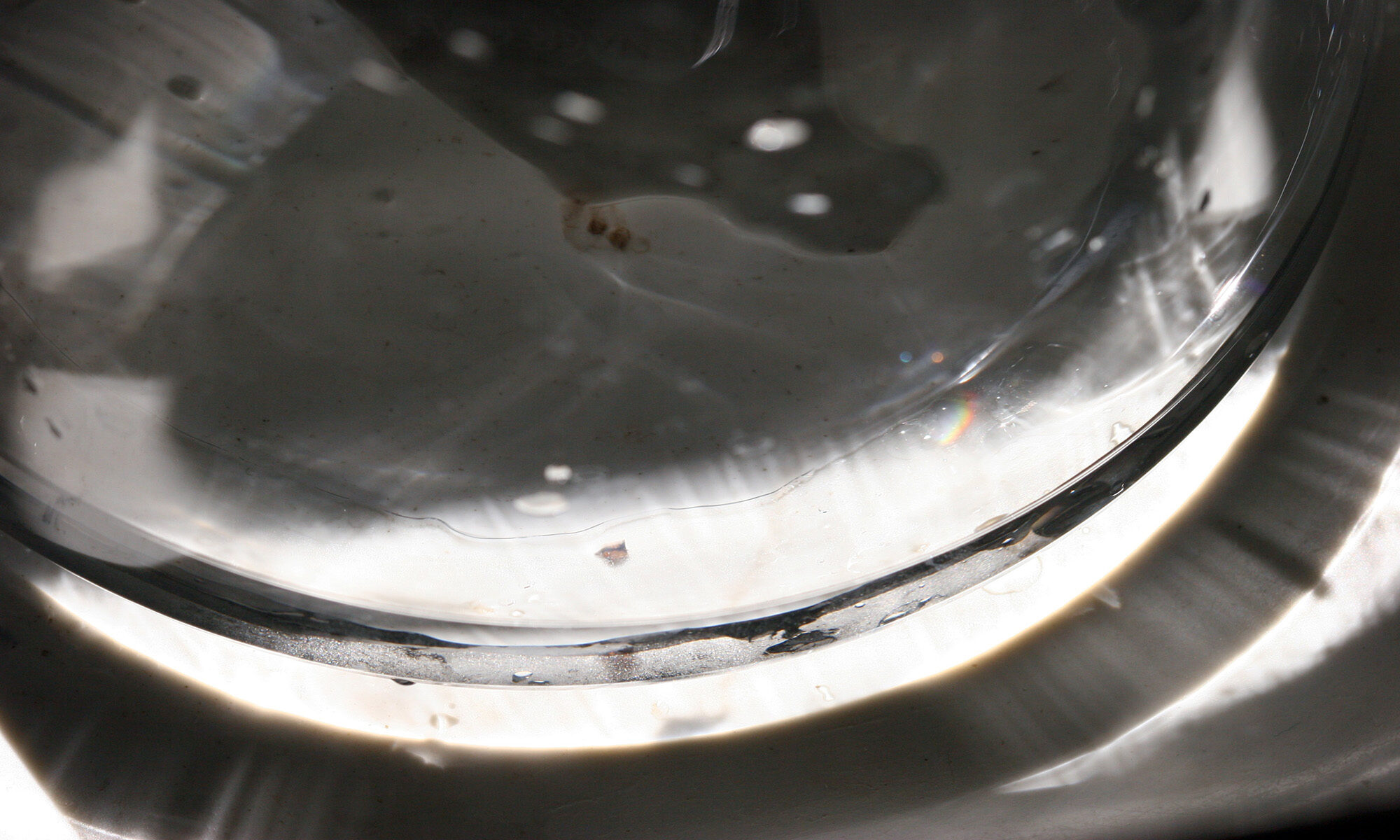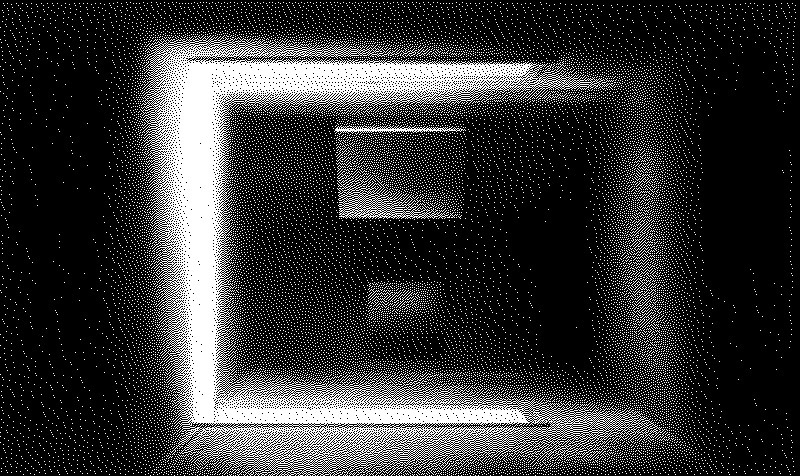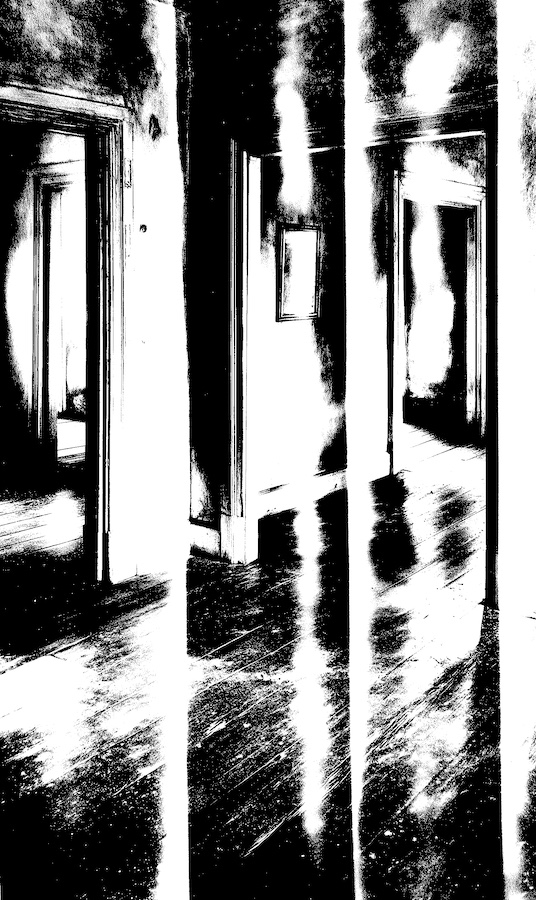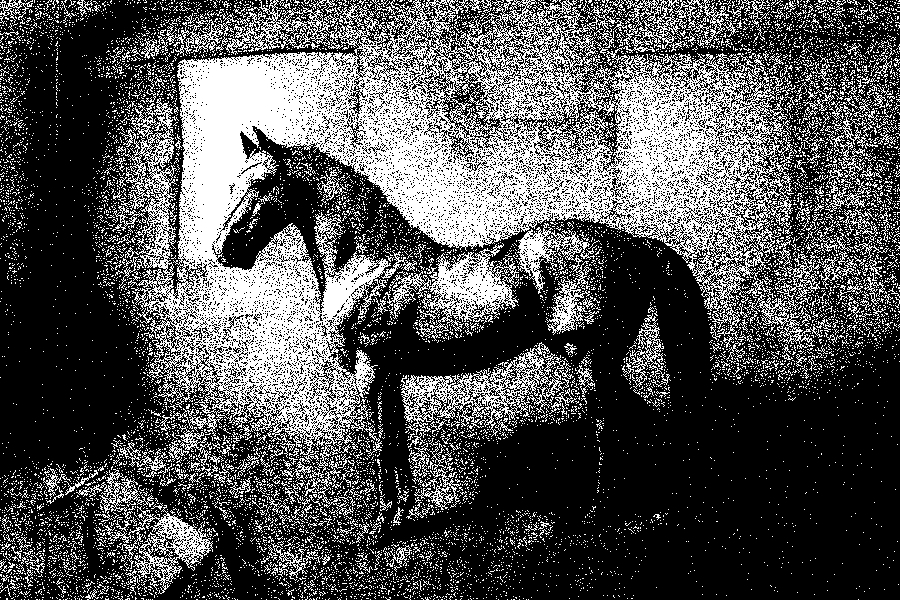Instead of man striving for a bright present in the world, for a solar and sparkling existence, instead of living for himself – not in the sense of selfishness, but of inner growth – he became a sinful and impotent slave of the reality outside

„Oamenii muncesc în general prea mult pentru a mai putea fi ei înşişi. Munca este un blestem. Iar omul a făcut din acest blestem o voluptate. A munci din toate forţele numai pentru muncă, a găsi o bucurie într-un efort care nu duce decât la realizări irelevante, a concepe că te poţi realiza numai printr-o muncă obiectivă şi neîncetată, iată ceea ce este revoltător şi ininteligibil. Munca susţinută şi neîncetată tâmpeşte, trivializează şi impersonalizează. Ea deplasează centrul de preocupare şi interes din zona subiectivă întro zonă obiectivă a lucrurilor, într-un plan fad de obiectivitate. Omul nu se interesează atunci de destinul său personal, de educaţia lui lăuntrică, de intensitatea unor fosforescente interne şi de realizarea unei prezente iradiante, ci de fapte, de lucruri. Munca adevărată, care ar fi o activitate de continuă transfigurare, a devenit o activitate de exteriorizare, de ieşire din centrul fiinţei. Este caracteristic că în lumea modernă munca indică o activitate exclusiv exterioară. De aceea, prin ea omul nu se realizează, ci realizează. Faptul că fiecare om trebuie să aibă o carieră, să intre într-o formă de viaţă care aproape niciodată nu-i convine, este expresia acestei tendinţe de imbecilizare prin muncă. Să munceşti pentru ca să trăieşti, iată o fatalitate care la om e mai dureroasă decât la animal. Căci la acesta activitatea este atât de organică, încât el n-o separă de existenta sa proprie, pe când omul îşi dă seama de plusul considerabil pe care-l adaugă fiinţei sale complexul de forme al muncii. In frenezia muncii, la om se manifestă una din tendinţele lui de a iubi răul, când acesta este fatal şi frecvent. Şi în muncă omul a uitat de el însuşi. Dar n-a uitat ajungând la naivitatea simplă şi dulce, ci la o exteriorizare vecină cu imbecilitatea. Prin muncă a devenit din subiect obiect, adică un animal, cu defectul de a fi mai putin sălbatic. In loc ca omul să tindă la o prezentă strălucitoare în lume, la o existentă solară şi sclipitoare, în loc să trăiască pentru el însuşi – nu în sens de egoism, ci de creştere interioară – a ajuns un rob păcătos şi impotent al realităţii din afară.”
“People generally work too much to be themselves. Work is a curse. And man made this curse a pleasure. To work with all one’s strength only for work, to find joy in an effort that leads only to irrelevant achievements, to conceive that one can achieve oneself only through objective and unceasing work, this is what is revolting and unintelligible. Sustained and incessant work dulls, trivializes and impersonalizes. It moves the center of concern and interest from the subjective area to an objective area of things, in a bland plane of objectivity. Man is then not interested in his personal destiny, in his inner education, in the intensity of some internal phosphorescence and in the realization of a radiant present, but in facts, in things. True work, which would be an activity of continuous transfiguration, has become an activity of externalization, of leaving the center of being. It is characteristic that in the modern world work indicates an exclusively external activity. Therefore, through it man does not realize himself, but achieves. The fact that every man has to have a career, to enter into a form of life that almost never suits him, is the expression of this tendency to become imbecile through work. To work in order to live, here is a fatality that is more painful for humans than for animals. Because for him the activity is so organic that he does not separate it from his own existence, while man realizes the considerable plus that the complex of forms of work adds to his being. In the frenzy of work, man manifests one of his tendencies to love evil, when it is fatal and frequent. And in work man forgot about himself. But he did not forget, reaching simple and sweet naivety, but an externalization bordering on imbecility. Through work he became an object from a subject, i.e. an animal, with the defect of being less wild. Instead of man striving for a bright present in the world, for a solar and sparkling existence, instead of living for himself – not in the sense of selfishness, but of inner growth – he became a sinful and impotent slave of the reality outside .”
– Emil Cioran







